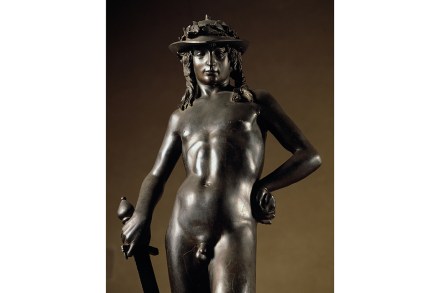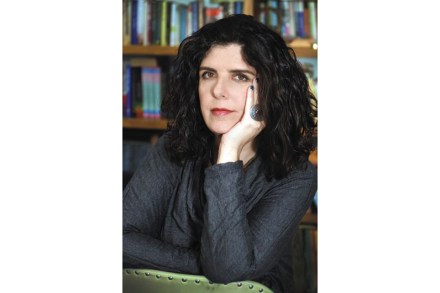Flirting in 15th-century Florence
More from BooksNoel Malcolm, a former political columnist of The Spectator, the historian of English nonsense verse and editor of Thomas Hobbes’s Leviathan, has written a book on an arresting subject. Forbidden Desire in Early Modern Europe gives close and relentless scrutiny to male-male sexual relations in Europe, the Ottoman empire, north Africa and in such dispersed






























